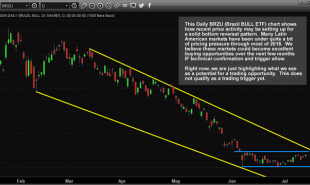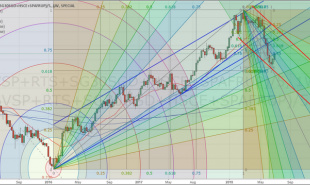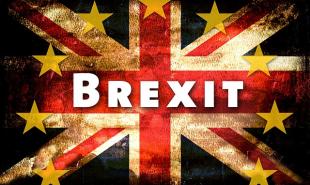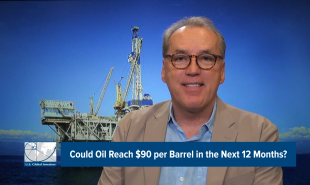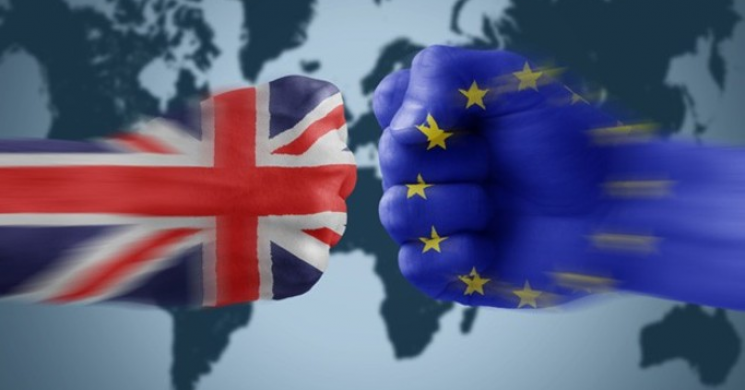
So Britain has voted. Almost 52% of UK voters want Britain to leave the European Union. But what does that mean for the rest of the world? Some of the biggest names in economics and foreign policy were asked about the consequences of Brexit over the next few months, and even the next few years.
According to Dean Baker, co-director of the Center for Economic and Policy Research, Brexit would set Europe “back on a path of high employment and healthy growth.” He feels that there would be an optimistic change for Europe as a whole bringing more economic strength for Europe, which will in turn positively affect the rest of the world.
However, not everyone agrees. Richard Haass, president of the Council on Foreign Relations, claims that the UK will be poorer over the next five months. He feels that the British pound will weaken which will add to the economic difficulties of the rest of the world. In the long run, Haass says that Scotland will be independent and that Northern Ireland will most probably join Ireland. This will lead to several other countries leaving the European Union.
Mohamed A. El-Erian, chief economic adviser at Allianz, agrees that a smaller and more committed European Union will be more manageable and harmonious, allowing the EU to regain its economic and financial footing. With fewer countries in the EU, French-German relationships will be strengthened.
John McLaughlin, a distinguished practitioner in residence at the Merrill Center for Strategic Studies, adds that with the exit of Britain from the EU, Germany will now dominate political and economic trends. Being the continent’s largest and most influential power, Germany will now regain control and set the tone for the rest of Europe. Meanwhile, Russia will “be more tempted to probe at NATO’s vulnerable points”, taking satisfaction in the Europe’s fragmentation to enhance leverage for Russia.
Read more by HashtagTrumped


